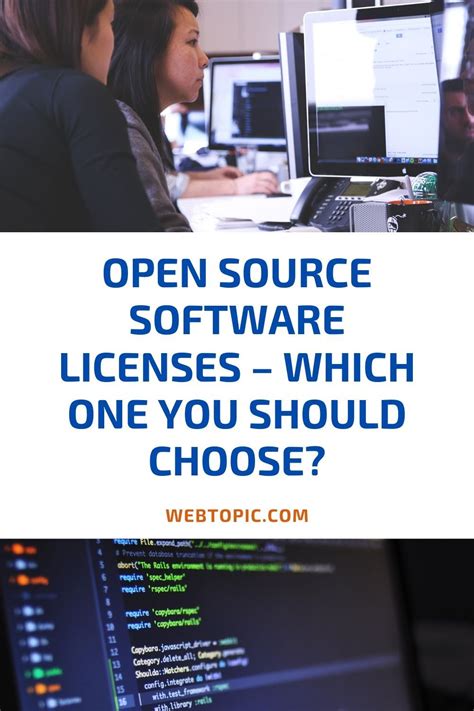Open source software licenses are an important part of any project. They provide the legal framework for how your code can be used, modified, and distributed. Choosing the right license is essential to ensure that you protect your rights as a developer while also allowing others to use and modify your work.
When selecting an open source license, it’s important to consider the goals of your project. Are you looking to create a community around your project? Do you want to allow commercial use of your code? Or do you just want to make sure that your code remains free and accessible? Depending on your answers, different licenses may be more appropriate than others.
The most popular open source licenses include the GNU General Public License (GPL), Apache License 2.0, MIT License, and BSD 3-Clause License. Each of these licenses has its own set of rules and restrictions, so it’s important to read through them carefully before making a decision.
The GPL is one of the most widely used open source licenses. It requires users to keep all modifications to the original code open source and available to anyone who wants to use it. This ensures that the code remains freely available and encourages collaboration between developers. However, it does not allow for commercial use or distribution of the code without permission from the copyright holder.
The Apache License 2.0 is similar to the GPL in many ways, but it allows for commercial use and distribution of the code. It also requires users to keep any modifications they make to the code open source. This makes it ideal for projects that want to encourage collaboration while still allowing for commercial use.
The MIT License is another popular open source license. It is much less restrictive than the GPL and Apache License, allowing users to modify and distribute the code without having to share their changes with the public. This makes it great for projects that don’t need to be open source, but still want to give people access to the code.
Finally, the BSD 3-Clause License is a permissive open source license. It allows users to modify and distribute the code without having to share their changes with the public. Unlike the other licenses mentioned above, it does not require users to keep any modifications open source. This makes it ideal for projects that don’t need to be open source, but still want to give people access to the code.
Choosing the right open source license for your project can be difficult. It’s important to consider the goals of your project and decide which license best fits those needs. Once you’ve chosen a license, make sure to include it in your project’s documentation so that everyone knows what the terms of use are. Doing this will help ensure that your project is protected and that everyone understands how they can use and modify your code.
